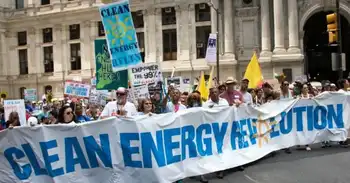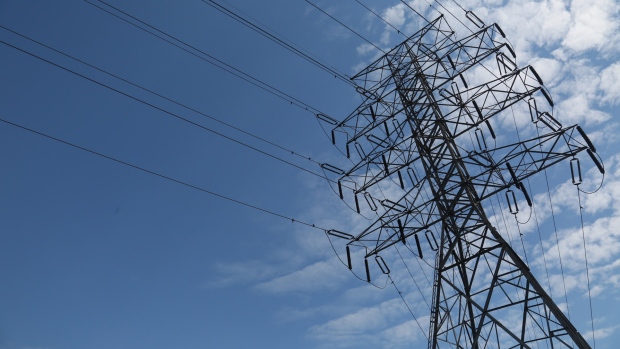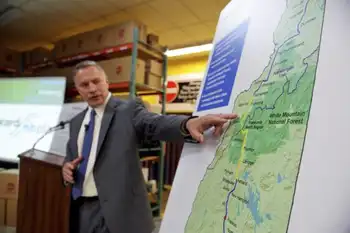E.ON and Dong Energy cancel Welsh wind farm
The Scarweather Sands project, five kilometres off the Porthcawl coast, was to occupy a 10-square-kilometre area populated with up to 30 turbines, each standing 120 metres tall. Installed capacity for the wind farm was estimated to be 108 megawatts (MW), which would have generated enough electricity for approximately 82,000 homes. The wind farm was scheduled to be commissioned next year.
However, both E.ON and Dong Energy have now claimed that the project is no longer financially viable. Ironically, the companies said the same thing when they postponed building the wind farm at the end of 2005. The wind farm has been the focus of intense local opposition in recent years, but the companies now claim that the wind farm is poorly located and too small by current standards to move forward.
"This is not a decision that we've taken lightly, a lot of work has gone into trying to make the project work, but sadly, we've had to recognize that we can't go ahead," explained Dave Rogers, E.ON's regional director of renewables. "Put simply, it has become clear that Scarweather Sands is not the best place to build a small-scale offshore wind farm. We've learned a lot from this development which has helped us in successfully delivering other larger projects, and rather than carry on for the wrong reasons, we've decided not to build the wind farm."
E.ON and Dong Energy are also partners, along with Masdar, in the 1-gigawatt (GW) London Array project, the world's largest offshore wind farm. The consortium recently announced almost 2 billion euros (US $2.9 billion) of new contracts.
Scarweather Sands was one of the original 19 projects green-lit during Round 1 of the UK's offshore site leasing, but it is not the first to be cancelled or delayed. The companies maintain that adverse seabed conditions, turbine height restrictions and lower-than-expected wind speeds mean the cost of the project could not be justified. In 2005, E.ON said that demand for the supply of key components such as turbines, offshore cabling and foundations were expensive enough to justify postponing the project.
"Dong Energy has experience constructing offshore wind farms successfully under challenging conditions," said Christina Grumstrup Sørensen, vice president of Dong Energy Renewables. "In the case of the Scarweather Sands site, there were too many downsides to make the project commercially viable. We have, however, not lost confidence in the further development of the UK offshore market, and we are committed to proceeding with our other UK wind projects."
Rob Hastings, director of the marine estate at The Crown Estate said: "At 1.03 GW, the UK has more installed offshore wind farm capacity, either operational or being commissioned, than any other country in the world. For Round 3, we developed our marine spatial planning tool MaRS, which aims to facilitate strategic and integrated decision-making for the marine environment, so we are confident that other wind farm sites are viable.
"We will shortly be announcing Round 3, which aims to deliver 25 GW by 2020. This is an important step in UK offshore wind capacity and will provide the UK with a secure, alternative green-energy source. This is another step towards the successful delivery of 40 GW by 2020 that industry has put on the table. Developers remain committed to consenting, building and operating offshore wind farms in suitable locations."
Related News

Electric shock: China power demand drops as coronavirus shutters plants
BEIJING - China’s industrial power demand in 2020 may decline by as much as 73 billion kilowatt hours (kWh), according to IHS Markit, as the outbreak of the coronavirus has curtailed factory output and prevented some workers from returning to their jobs.
FILE PHOTO: Smoke is seen from a cooling tower of a China Energy ultra-low emission coal-fired power plant during a media tour, in Sanhe, Hebei province, China July 18, 2019. REUTERS/Shivani Singh
The cut represents about 1.5% of industrial power consumption in China. But, as the country is the world’s biggest electricity consumer, the loss is equal to the…




